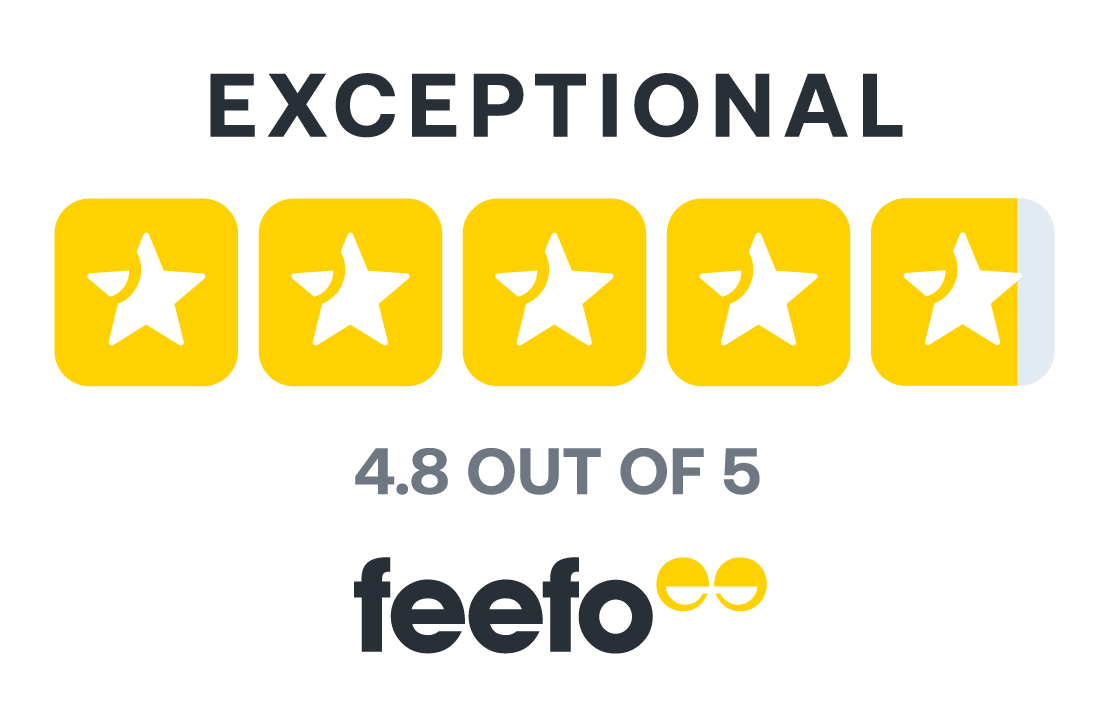Our in-house Client Success Team will be in touch to explain the process and help you make plans for your Stage 1 assessment.
-
Stage 1 assessment – initial review
A Stage 1 audit is the initial step in the certification process, carried out to evaluate an organisation’s readiness for a Stage 2 audit. It involves a review of management system documentation, an assessment of site-specific conditions, and an evaluation of the organisation’s preparedness, including how the management system has been put in place so far. This stage helps identify potential issues, confirm the scope of the management system, and ensure the Stage 2 audit can be effectively planned. It also provides the organisation with critical feedback and planning insights to help optimise resources and ensure the success of the Stage 2 audit.
-
Stage 2 assessment – in-depth review
When you’re ready, our auditor will complete a full assessment to establish if your management systems and processes meet the requirements of the standard. A critical part of your Stage 2 assessment will be reviewing real examples of the delivery of your products and services. You’ll be advised of the Auditor’s recommendations on the day, which will be ratified by our Compliance department, and your certification will be issued following the decision subject to compliance with the standard.
-
SUCCESS! Certification issued
We’ll help keep you up-to-date ISO certification’s excellent reputation is driven by its requirement for ongoing assessments and continual improvement, so we’ll keep in touch and arrange annual assessments to keep your certification up to date.




















